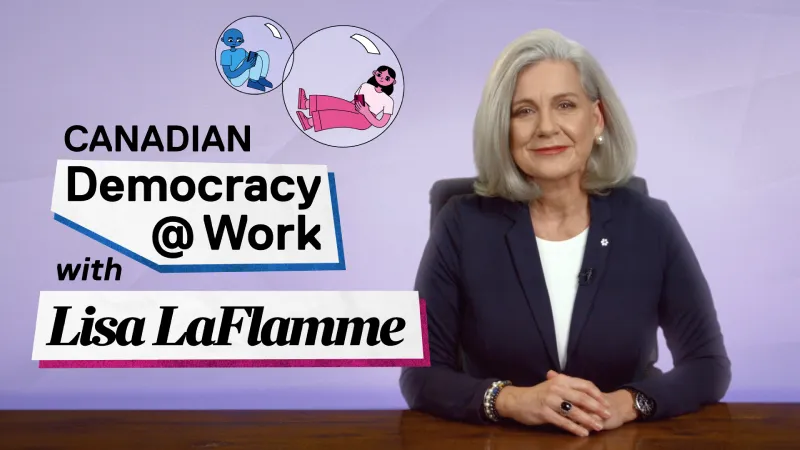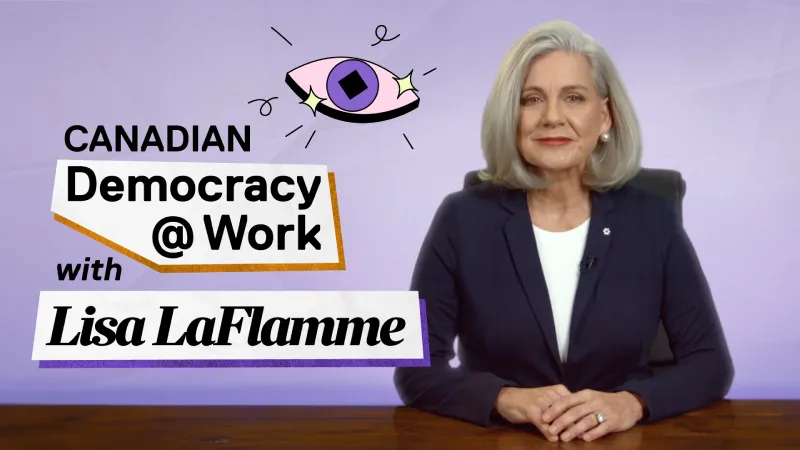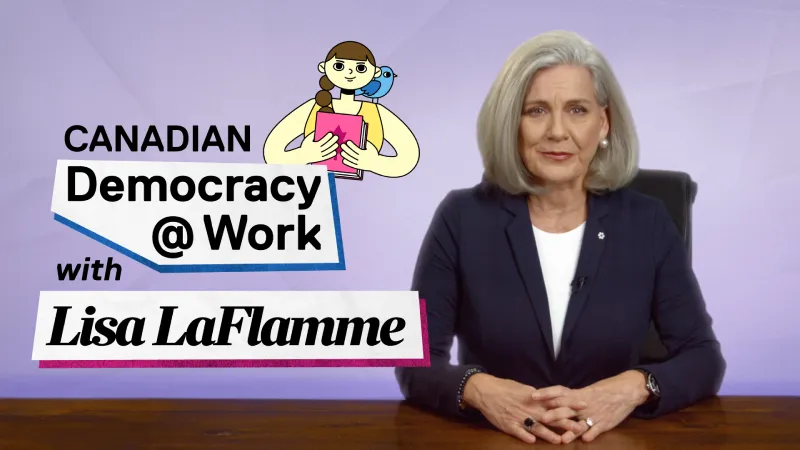Understanding Misinformation, Disinformation, and Algorithms
MODULE ONE
MODULE ONE
Understanding Misinformation, Disinformation, and Algorithms
This module explores how we consume information online and offers practical strategies for evaluating content and finding reliable, useful information.
Concepts covered include: mis/disinformation, information overload, algorithms, filter bubbles.
Module Notes
References and sourcesThe information the module comes from the following sources, listed in chronological in order:
Briggs, Paul. “Canada Time Spent with Media 2024.” eMarketer, 28 June 2024, www.emarketer.com/content/canada-time-spent-with-media-2024.
“Canadians Spend 11 Hours per Day on Screens, Alcon Survey Shows.” Cision Canada, CNW Group, 10 Sept. 2019, www.newswire.ca/news-releases/canadians-spend-11-hours-per-day-on-screens-alcon-survey-shows-811357674.html.
Bohn, Roger, & James E. Short. “Info Capacity: Measuring Consumer Information.” International Journal of Communication [Online], 6 (2012): 21. Web. 26 Feb. 2025
Palfrey, John. “Misinformation and Disinformation.” Encyclopædia Britannica, Encyclopædia Britannica, inc., 4 Feb. 2025, www.britannica.com/topic/misinformation-and-disinformation.
Mercier, Hugo. Not Born Yesterday: The Science of Who We Trust and What We Believe. Princeton University Press, 2020.
Van der Linden, Sander. Foolproof: Why Misinformation Infects Our Minds and How to Build Immunity. W. W. Norton & Company Ltd, 2023.
Menczer, Filippo, and Thomas Hills. “Information Overload Helps Fake News Spread, and Social Media Knows It.” Scientific American, Scientific American, 20 Feb. 2024, www.scientificamerican.com/article/information-overload-helps-fake-news-spread-and-social-media-knows-it/.
Ceci, Laura. “Youtube: Hours of Video Uploaded Every Minute 2022 | Statista.” Statista, www.statista.com/statistics/259477/hours-of-video-uploaded-to-youtube-every-minute/. Accessed 26 Feb. 2025.
Heim, Sabine, and Andreas Keil. “Too Much Information, Too Little Time: How the Brain Separates Important from Unimportant Things in Our Fast-Paced Media World.” Frontiers for Young Minds, kids.frontiersin.org/articles/10.3389/frym.2017.00023#ref1. Accessed 26 Feb. 2025.
“Algorithm.” Encyclopædia Britannica, Encyclopædia Britannica, inc., 4 Feb. 2025, www.britannica.com/science/algorithm.
Brady, William. “Social Media Algorithms Warp How People Learn from Each Other.” Scientific American, Scientific American, 20 Feb. 2024, www.scientificamerican.com/article/social-media-algorithms-warp-how-people-learn-from-each-other/.
Fletcher, Richard. “The Truth behind Filter Bubbles: Bursting Some Myths.” Reuters Institute for the Study of Journalism, reutersinstitute.politics.ox.ac.uk/news/truth-behind-filter-bubbles-bursting-some-myths. Accessed 26 Feb. 2025.
Lindsey Barrett, Laura Moy, et al. “How Tech Platforms Fuel U.S. Political Polarization and What Government Can Do about It.” Brookings, 25 July 2024, www.brookings.edu/articles/how-tech-platforms-fuel-u-s-political-polarization-and-what-government-can-do-about-it/.
Wu, Katherine J. “Radical Ideas Spread through Social Media. Are the Algorithms to Blame?” PBS, Public Broadcasting Service, 28 Mar. 2019, www.pbs.org/wgbh/nova/article/radical-ideas-social-media-algorithms/.
Mundie, Jessica. “Canadians Will No Longer Have Access to News Content on Facebook and Instagram, Meta Says | CBC News.” CBCnews, CBC/Radio Canada, 23 June 2023, www.cbc.ca/news/politics/online-news-act-meta-facebook-1.6885634.
Liv McMahon, Zoe Kleinman & Courtney Subramanian. “Meta to Replace ‘biased’ Fact-Checkers with Moderation by Users.” BBC News, BBC, 7 Jan. 2025, www.bbc.com/news/articles/cly74mpy8klo.
“Libguides: News Literacy: Checklists & Teaching Tools.” Checklists & Teaching Tools – News Literacy – LibGuides, University of North Carolina at Chapel Hill, guides.lib.unc.edu/news-literacy/checklists. Accessed 26 Feb. 2025.
Zuo, Natalia, and Mike Wendling. “Election 2017: How Can You Pop Your Filter Bubble?” BBC News, BBC, 6 June 2017, www.bbc.com/news/blogs-trending-40175788.



